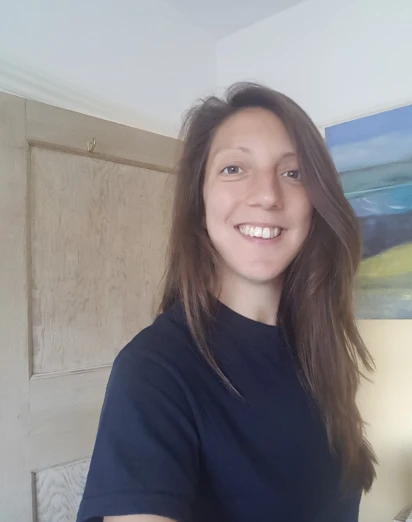TPS board member Penny Gilg on the theme for Transport Planning Day 2023

Over the summer TPS Board members will be publishing a series of articles on the topic of equity in transport, linked to the Transport Planning Day theme of “Planning and Delivering a rapid and equitable transition to a decarbonised transport system." I'm looking forward to reading these and the insight as to what our industry is doing well and what we could be doing better. Sadly, I fear there will be more of what we could be doing better than what were doing well. Why? Because we're made up of a work force of people not generally excluded from society. We are all becoming more aware of the impact of a workforce that is still mainly made up of able bodied, healthy, working age men. As a consequence it’s perhaps no surprise that we've designed a built environment which will typically work best for able bodied, healthy working age men. For example, stepped access is more prolific and prominent than step free access; cycle infrastructure has attracted a lot of attention and funding in recent years but still seems to disproportionately be used by younger men; bus route planning remains centred on radial routes into and out of places of work in central business districts - with orbital services connecting nurseries, creches and other care-related facilities disproportionately used by women less well served etc.
Being an industry that is still mainly made up of white people, I suspect we have also unconsciously designed a built environment that unwittingly excludes people from minority ethnic groups too. And yes, whilst the diversity of our workforce does feel like it is changing, the diversity of our decision makers is taking much longer to change.
So some insight in to our role in both causing and tackling social exclusion should enlighten us. And hopefully (and usefully) show us how decisions and actions we make at work can improve matters for the better. I confess that sometimes it can seem that the problem is so big it also leads to us despairing as to what we can do as individuals...
Things like, lack of decent active travel access to green spaces and the huge negative impact the lack of this access has on peoples’ mental and physical health. New housing continues to be built a long way away from amenities, inducing unnecessary trips. Bus timetables not tying up with events at community or children's centres. Car parking requiring the use of an app that can exclude those without access to smartphones etc. The preventative cost of car ownership for those already economically stretch individuals, who genuinely don't have another option. The negative impact of cars being felt more by some communities than others. Or even zooming out and considering modern construction methods leading to an increase for white collar jobs for software engineers - and a reduction in demand manual labour jobs.
I hope you enjoy the blog series which will run from now through to Transport Planning Day on 13th November. Please save the date for this event which will once again be held at Institute of Civil Engineer’s One Great George Street HQ. Please also get involved in this debate – if you have your own perspective on this topic please do let us know your thoughts – as the professional home for transport planners, the society is your platform to use to share your perspective on these critical issues for our sector.







